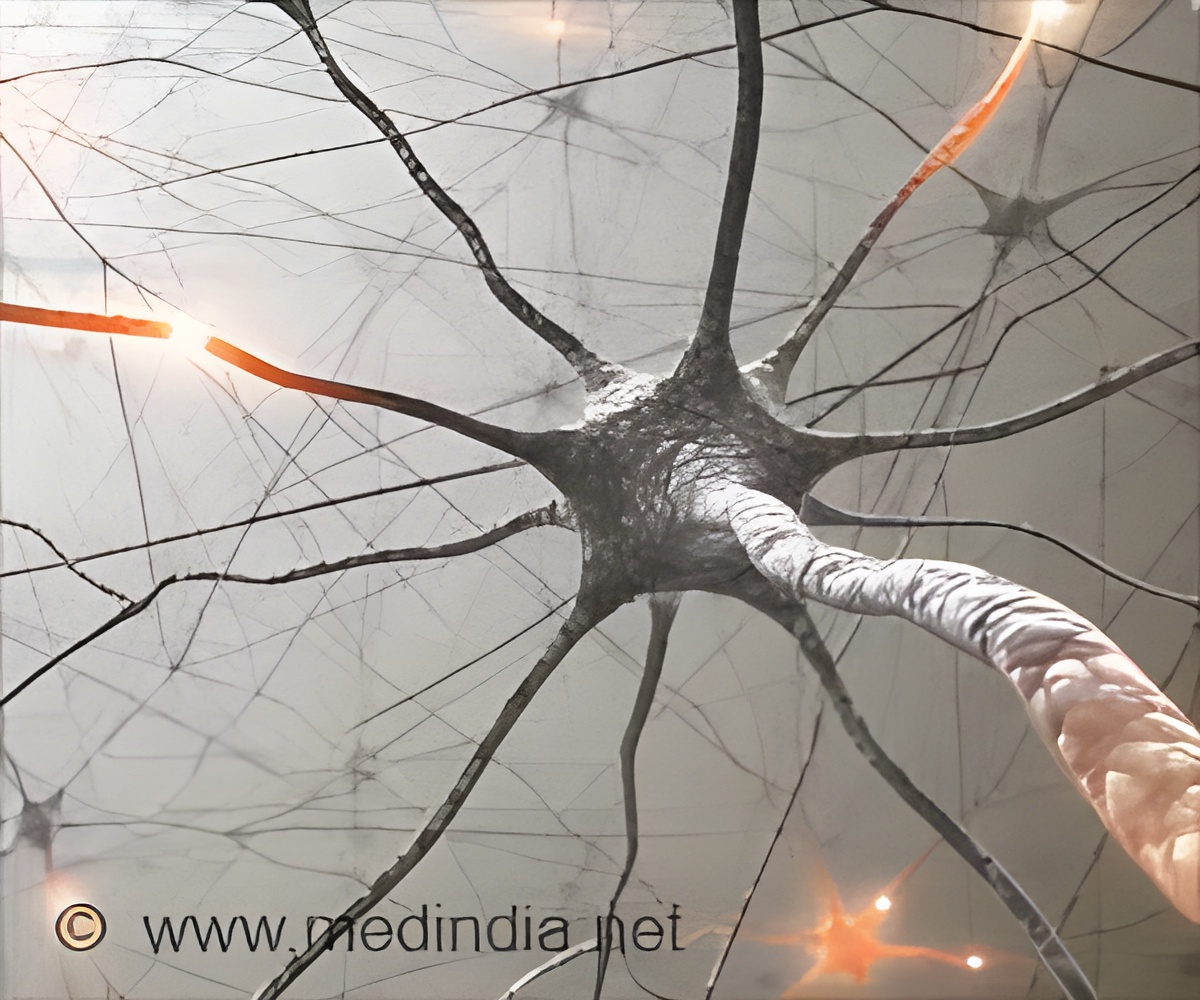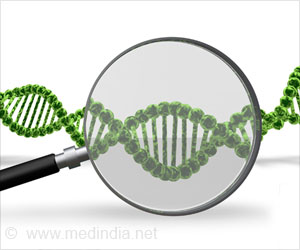
‘Detailed structure of the pathological molecule associated with amyotrophic lateral sclerosis (ALS) has been discovered for the first time, thereby opening new doors to ALS treatment.
’
Tweet it Now
Although the exact etiology of ALS is unclear, the abnormal clumping of a protein — TDP-43, is defined as a pathological hallmark of ALS and also other neurodegenerative diseases like frontotemporal dementia, Alzheimer's and Parkinson's disease. First Ever Detailed Analysis
The study team explored the first molecular structure of TDP-43 aggregates from the two ALS brains using cryo-electron microscopy. To their astonishment, the team discovered unseen structural features of TDP-43 — a filamentous double-spiral-shaped fold.
Moreover, the distinct structural features of the molecule indicate that TDP-43 may interact uniquely with diagnostic tools and drugs, unlike other pathological aggregates.
This explains the reason for the failures of various diagnostic compounds for ALS. The discovery thereby may open doors to progress of new-targeted medical interventions and diagnostics.
Advertisement
Source-Medindia









